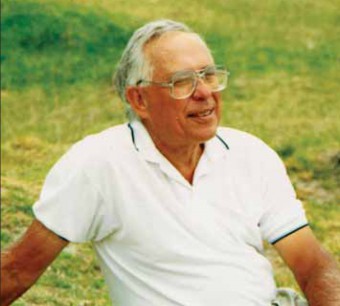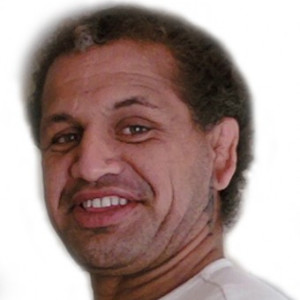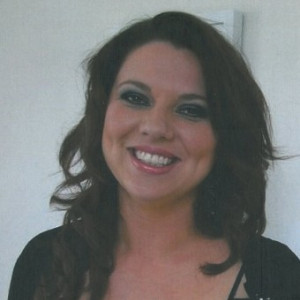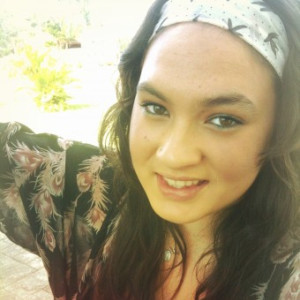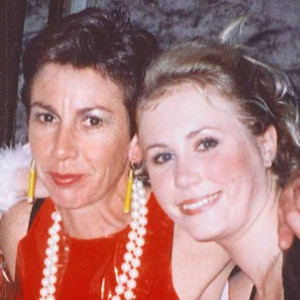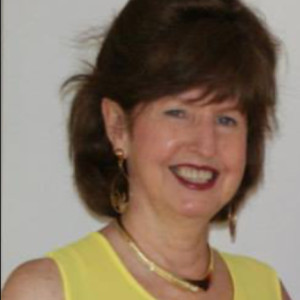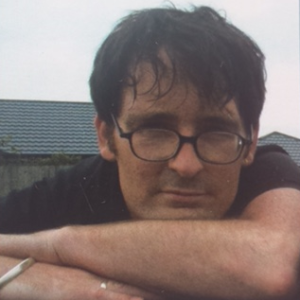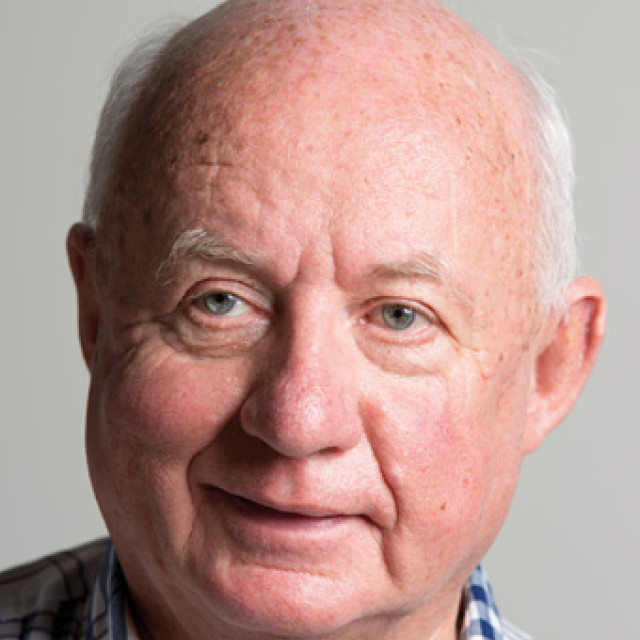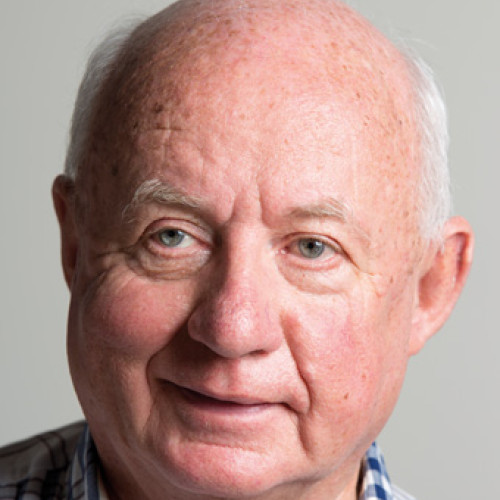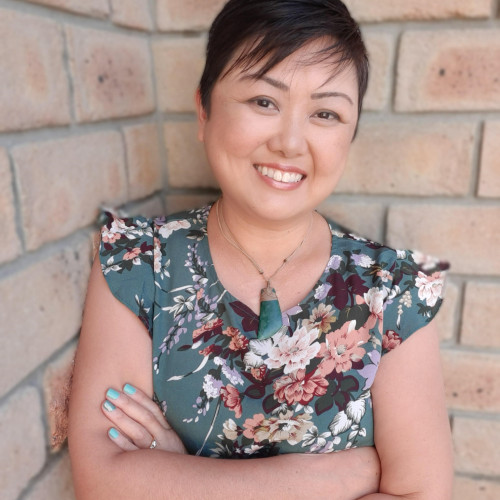Time didn’t stand still as my father lay dying in hospital; it went into reverse.
My sister was somewhere over the Pacific Ocean, flying home from Sydney for a week’s holiday, when Dad had a massive stroke.
He was still there - a fluttering consciousness locked inside an almost paralysed body - as we stood by the bed and held his hand. But over the next few hours, he imperceptibly ebbed away. His heart, as doggedly stubborn as he was, kept beating for another five days.
“It’s as if he’s getting younger,” my sister said, as the lines laid in 88 years of living seemed to relax and slip from his face. Beneath the sheets, the skin on his thighs was soft as a baby’s and milky white.
Dad was on the Liverpool Care Pathway (LCP) although I don’t remember the hospital staff calling it that. It means giving end-of-life care to a dying patient. With no chance of recovery, he would not be actively treated, but kept as comfortable as possible.
On the afternoon of the third day, a nurse asked if I’d be willing to talk to someone from the organ donation team. Given my father’s age, I was astonished his frail body might still be of some use.
He hadn’t driven for more than a decade, so I couldn’t check his driver’s licence to see if he had registered as a donor, but he was a great believer in public service and doing the “right thing”. And as his breathing became increasingly ragged, I knew it was time for him to go.
Janice Langlands has been a donor co-ordinator for Organ Donation New Zealand for the past twenty years. As a young nurse, she’d worked on transplant wards and looked after patients with kidney failure, waiting on dialysis until their name was called. Some of them died waiting.
Right now there are more than 400 people on the transplant list, needing a heart, kidney, liver, pancreas or lungs. Some of them will die waiting too.
Compared to most other OECD countries, our donorship rate is low. The custom here of bringing the body home before burial may go some way to explaining why Kiwis - so generous in life - are less willing to give after death. In reality, the surgery can be done without leaving any visible signs.
The number of people able to donate organs is also incredibly low. For starters, you have to die in hospital and be kept on a ventilator, maintaining the flow of blood and oxygen until the transplant team arrives. (Ironically the falling road toll, combined with advances in the treatment of brain haemorrhages, means the number of potential candidates is also in decline.)
However while organ transplants make all the headlines, there are hundreds more people waiting for tissue transplants, including corneas, heart valves and skin - all of which can be removed and stored after death.
“Very few people can donate organs due to the circumstances of their death,” says Janice. “But most people can be considered for tissue donation, especially in Auckland, where we have the availability of experts to retrieve it.”
Due to a nationwide shortage, Janice and her team have begun approaching the families of end-of-life patients at Auckland City Hospital to discuss the option of donation. From my own experience, it’s done with both sensitivity and respect.
The New Zealand National Eye Bank needs an average of five donors a week - a total of ten corneas - to meet demand. My father, who’d had two cataract operations and worn glasses almost his entire life, became one of the oldest donors since corneal grafting began here in the 1940s.
One of his corneas restored sight to a woman in her 60s with a degenerative eye condition; the other was used in reconstructive surgery for a toddler after he had a growth removed.
Sclera - the white of the eye - went to a woman who lost her eye to a melanoma tumour, and also to a man badly injured in an accident. His skin was transplanted in lifesaving surgery for a man in his 40s with severe burns.
“As promised, I am writing with the outcome of the tissue kindly donated following your father’s death,” wrote Janice, in one of two follow-up letters. “On behalf of these recipients and their families, thank you.”
Dad would have loved that.
